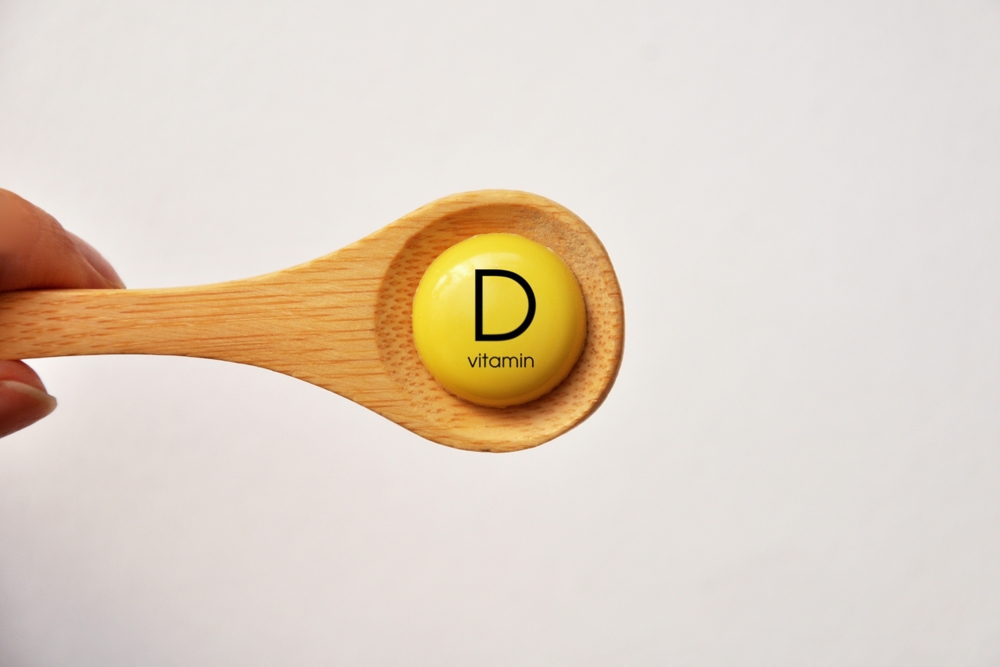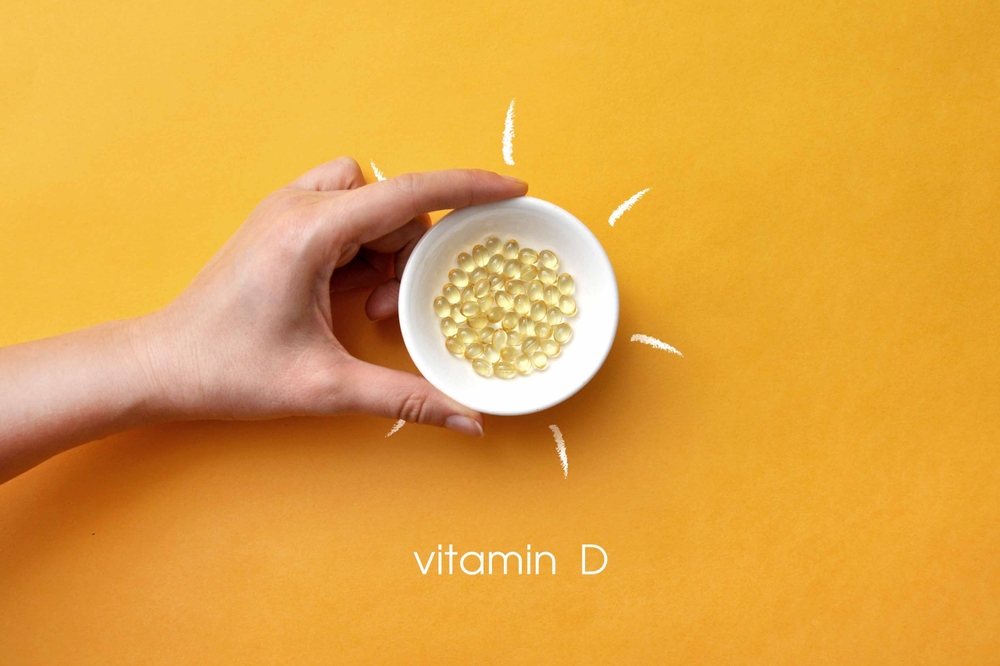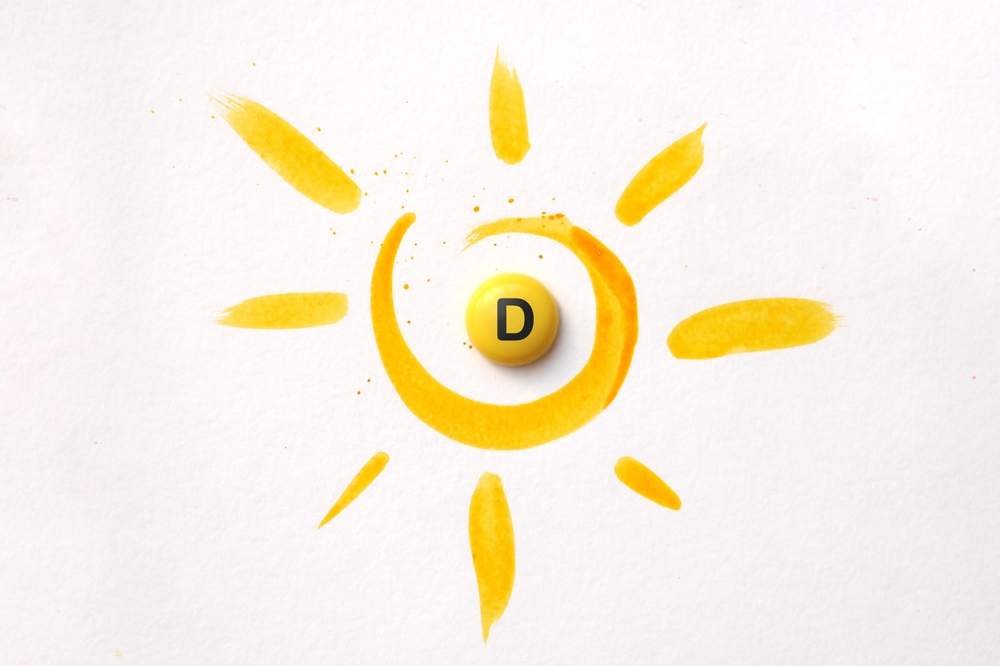Sunshine is good for the soul. It also, apparently, is good for the brain. More specifically, Vitamin D, the sunshine vitamin, is. A new study has found that vitamin D supplements may help ward off dementia.
Vitamin D May Help Prevent Dementia

The more research that gets done on vitamin D, the more we realize how important this vitamin is. The study examined 12,388 participants who were dementia-free when they signed up. Researchers at the University of Calgary’s Brain Institute in Canada and the University of Exeter in the UK partnered with the US National Alzheimer’s Coordinating Center. Of the group, 37% took supplements. (1)
Read More: Air Pollution Linked to Higher Dementia Risk: Study
More Details On The Study

The average age of the participants was 71 years old. The team followed the patients over the next 10 years. In that time, 2,696 developed dementia. Of that group, 2,017 of them, roughly 75%, had no vitamin D exposure prior to their diagnosis. Twenty-five percent, or 679 participants, had baseline exposure.
The team found that it was associated with 40 percent fewer dementia diagnoses in the group who took supplements. They also linked the vitamin to living dementia-free for longer.
“We know that vitamin D has some effects in the brain that could have implications for reducing dementia, however so far, research has yielded conflicting results,” said lead researcher Professor Zahinoor Ismail, of the University of Calgary and University of Exeter. “Our findings give key insights into groups who might be specifically targeted for vitamin D supplementation. Overall, we found evidence to suggest that earlier supplementation might be particularly beneficial, before the onset of cognitive decline.” (2)
The Research Says It All

This is not the first study to show that vitamin D plays a crucial role in Dementia prevention. Previous research has also shown that too-low levels of vitamin D in the body are linked to a higher risk of developing dementia.
Specifically, researchers have linked vitamin D to greater amyloid clearance from the brain. Accumulation of this protein is one of the tell-tale signs of Alzheimer’s Disease. Vitamin D is also known to play a role in the formation of new brain cells, which are essential for learning and memory. The exact mechanisms by which vitamin D does this are still not fully understood, but it is clear that the results are significant.
Read More: 10 Medications Linked to Dementia
Limitations

As always, there are some limitations to the research. The researchers only observed the link between supplements and dementia using self-reported data. They did not randomly assign participants to either take a vitamin D supplement or a placebo. (3)
The study also can’t prove that the vitamin reduces your risk of dementia. Part of this is because they only looked at supplementation without including intake from sun exposure and food. On top of this, those who were more likely to take supplements were more likely to be white and less likely to be depressed. This was not taken into consideration. These people could just have healthier lifestyles, in general, due to socioeconomic status or otherwise, which may lower their dementia risk.
The Bottom Line

It is not a bad idea to take a vitamin D supplement, especially if you live in a colder climate area. There are so many potential benefits, beyond just protecting your brain. As always, check with your doctor before starting a new supplement, especially if you are already on medications. Also, be sure to follow either your doctor’s directions or those on the bottle. Vitamin D is fat-soluble, which means that you can store it. This also means that you can have too much in your body. Listen to your doctor and you will be fine.
Read More: Vitamin B12 Deficiency and Dementia Symptoms: What You Should Know
Sources
- “Taking vitamin D could help prevent dementia.” Science Daily. University of Exeter.
- “Vitamin D Supplements May be Fending Off People’s Dementia, New Large Study Shows–Especially in Females.” Good News Network.
- “Taking vitamin D supplements appeared to ward off dementia in a new, large-scale study.” Insider.

